ABB is one of the top robot manufacturers in the world, known for their innovative and intelligent industrial robots. It is not surprising that many major automotive manufacturers have deployed ABB robots to their production lines. In the competitive automotive market, manufacturers need to produce vehicles in a cost-effective manor without sacrificing quality. ABB robots help automobile manufacturers accomplish this through improving operation efficiency, versatility, and reliability.
ABB robots have automated many robotic applications involved with the manufacturing of cars. Their material handling robots have been implemented for part loading, unloading, and automated transfer processes. Cars need to be built with strong and durable materials and parts, which are often too heavy to be handled by workers. ABB’s IRB 6640 and IRB 7600 are two of their heavy-duty material handling robots designed to handle large payloads with ease and are common choices amongst automotive manufacturers. These articulated robots can make quick work of loading and unloading large metal sheets from machine presses used for form car doors, pillars, hoods, and roofs. They may also be deployed to transfer engine casts from one workstation to another. ABB industrial robotic arms can be with integrated with tracks to allow for greater distances to be covered in short amounts of time when transferring parts.
Spot welding is another automotive application that has seen improvement through automation with ABB robot manipulators. Almost all car frames are composed of metal components and must be joined together through robotic spot welding. In order to ensure the performance and safety of the vehicle it is vital the spot welding of car frames is completed accurately for durability. The ABB IRB 6640 has been a long-trusted spot welding solution of automotive manufacturers. ABB’s six axis robots are efficient, reliable, and precise ensuring the vehicles they build are the safest on the road.
Once car frames have been welded together, they then need to undergo painting. Applying the correct amount of paint is essential to the manufacture of cars. It effects the overall esthetic of the vehicle as well as the vehicle’s performance. This is why many manufacturers have automated automotive painting applications with ABB robots. ABB’s painting robots eliminate overspray errors and dripping with their precise, controlled arm movements, ensuring even and smooth paint applications of both the exterior and interior of cars. Their extended reaches make it feasible to coat large car bodies without any deviation from vehicle to vehicle.
ABB articulated robots have also been implemented in the sealing phase of automobile assembly. During this phase ABB sealing robots are utilized for both seam and cosmetic sealing. For seam sealing visible seams underneath and in the interior of cars are covered with sealant to protect from water intrusion and corrosion. While in cosmetic sealing sealant is applied to doors and trunks of cars to prevent vibration as well as erosion. ABB’s sealing robots are integrated with nozzle dispensers to apply even beads of sealant along exact paths, ensuring vehicle quality. By applying sealant precisely, manufacturing robot arms help prevent the future deterioration of vehicle components.
Before cars are ready to leave the production facility, they must undergo a final assembly process. ABB assembly robots are commonly deployed during these final steps of manufacturing. A ABB IRB 4600 may be used to mount steering wheels to the vehicle dash or to attach emblems to car exteriors. ABB’s assembly robots operate with accuracy and speed, improving production cycle times.
Robots Done Right |
Used Robot Sales |
ABB Robots Automating Automotive Manufacturing
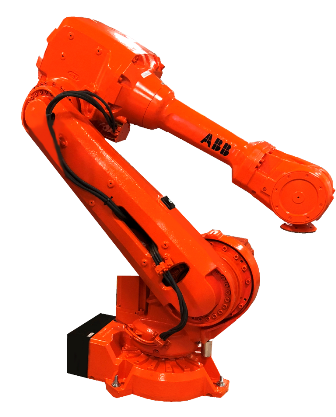
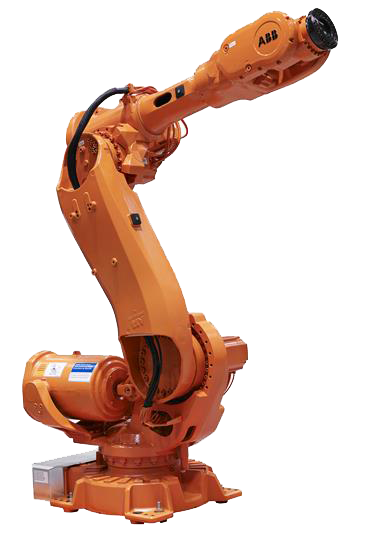
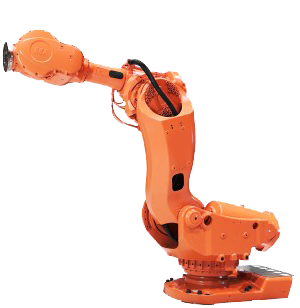
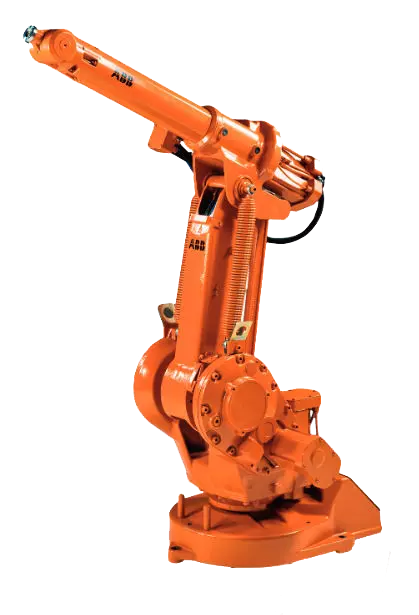
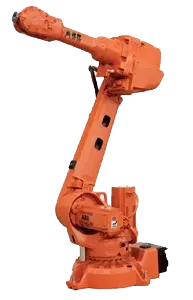
Robots Done Right is the place to start when it comes to used robots. Contact us if you are interested in buying or selling your used robot.